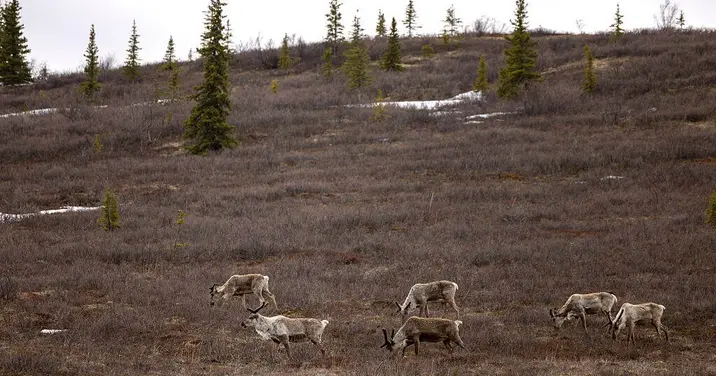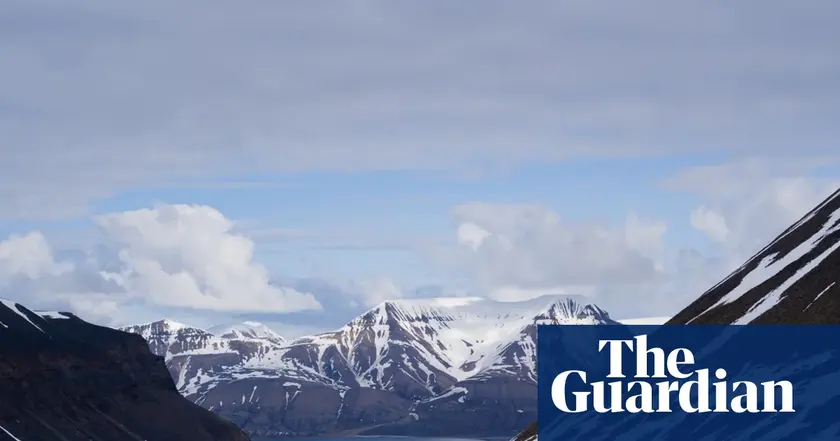T4K3.news
Arctic reindeer at risk as study warns of sharp declines
New research links warming Arctic to potential 80 percent drop in North American reindeer and caribou by 2100, urging policy action now.

A new study warns that Arctic reindeer and caribou could fall sharply this century as warming Arctic habitats shift.
Arctic reindeer face potential 80 percent decline by 2100
A new study led by the University of Adelaide and the University of Copenhagen projects an 80 percent drop in North American wild reindeer and caribou by 2100 if greenhouse gas emissions stay high. The global population is about 9 million reindeer, with roughly 3.5 million in North America. The team combines fossils, ancient DNA and computer models to track past changes and compare future projections.
Researchers say losses during future warming could be more severe than those seen in the past. The study also warns that fewer reindeer could reduce tundra plant diversity and disturb carbon storage in Arctic soils, potentially feeding back into warming and threatening ecosystems and communities alike.
Key Takeaways
"Using fossils, ancient DNA and computer models, we reconstructed changes in the abundance and distribution of reindeer over the past 21,000 years at resolutions never done before, and we directly compared these to future predictions"
lead researcher Elisabetta Canteri explains study method
"But the losses expected in the coming decades due to future climate change are likely to be even more severe than those in the past"
CANTERI on projected severity
"Continued losses will likely further exacerbate climatic warming through release of soil carbon to the atmosphere"
Eric Post on ecological feedbacks
"unless there are major cuts to greenhouse gas emissions and increased investment in wildlife management and conservation"
Damien Fordham on policy needs
The study places biodiversity at the center of the climate policy debate. It argues for strong emissions cuts paired with steady wildlife funding to prevent ecological collapse. The tension between short term budgets and long term survival is real for governments.
Beyond wildlife, the findings show how climate risk travels through ecosystems and cultures. Caribou feed Indigenous communities and anchor Arctic livelihoods; their loss could ripple through food security, traditions and regional economies while deepening climate feedbacks.
Highlights
- Emissions cuts must come fast or Arctic wildlife will pay the price
- Caribou are a compass for the Arctic and a warning for us
- Protecting tundra diversity means protecting carbon storage
- Funding wildlife management now could save more than caribou
Funding and policy risks for Arctic wildlife
The study points to the need for major greenhouse gas reductions and sustained funding for wildlife management. Without sufficient budgets and political will, the projected declines could accelerate, affecting ecosystems and Indigenous communities.
The Arctic will test whether science translates into policy that protects people and ecosystems
Enjoyed this? Let your friends know!
Related News

Arctic glaciers face terminal decline due to microbial melt

Long-Term Benadryl Use May Threaten Older Adults

Heart risk warning spotted early

Assess your aging with five simple fitness tests

Russia risks 129 towns vanishing

Study on super agers reveals brain traits and social links

UPFs linked to higher cancer and heart disease risk

Record share of Americans view moderate drinking as harmful
